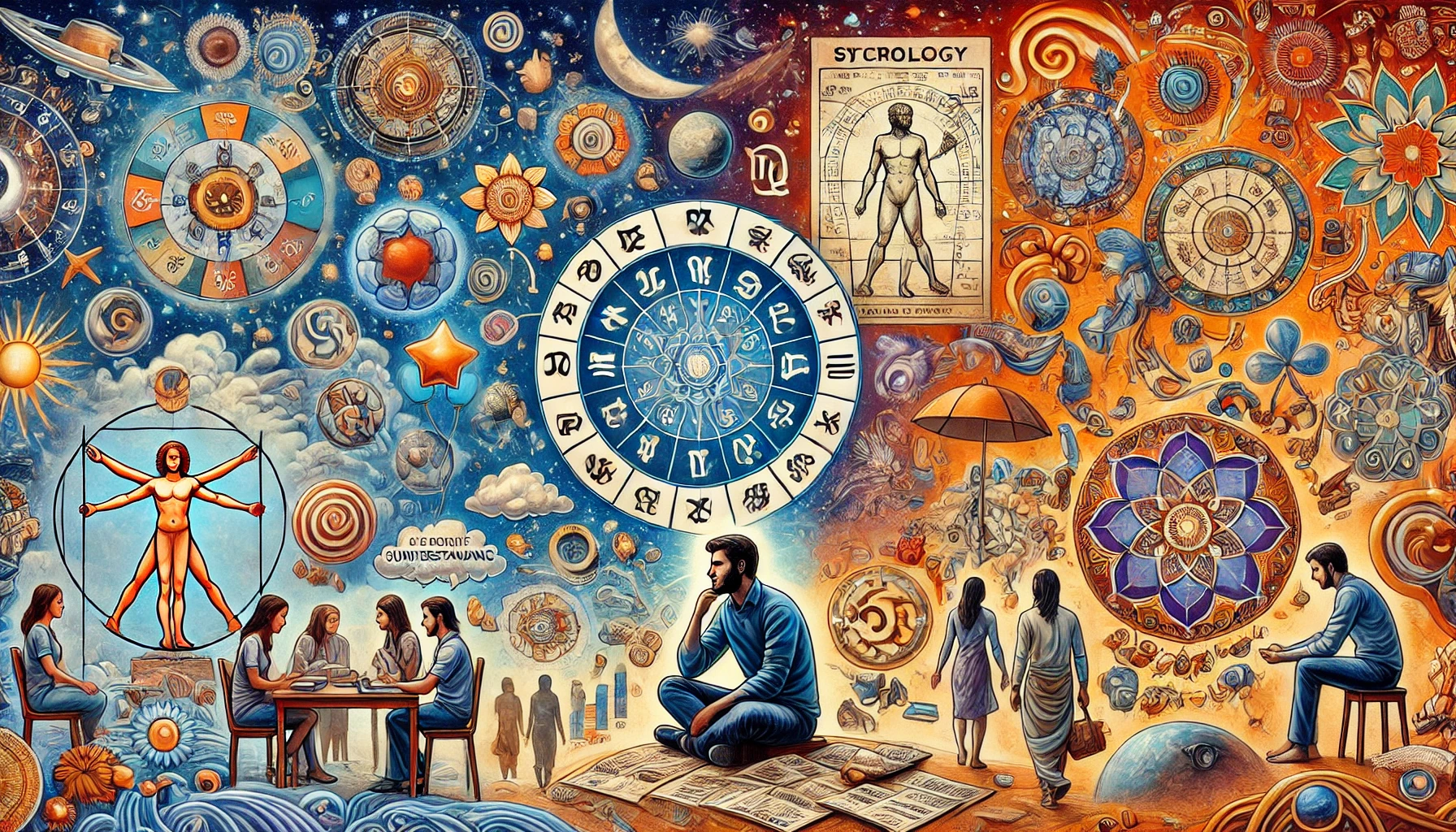The Psychology Behind Why We Care About Astrology: Insights from Hindu Beliefs

Need Guidance On Your Problems?
Consult With The Best Online Astrologers
Astrology, an ancient practice deeply rooted in Hindu culture, continues to captivate minds and influence decisions across the globe. But what is it about astrology that draws such widespread interest and devotion? Let's delve into the psychology behind this fascination, as understood through the lens of Hindu beliefs.
1. Seeking Meaning and Purpose
At its core, astrology offers individuals a sense of meaning and purpose. In Hinduism, the cosmic dance of the planets and stars is intricately woven into the fabric of life's journey. The alignment of celestial bodies at the moment of one's birth is believed to shape their destiny and personality traits. This belief provides comfort by suggesting that there is a greater cosmic plan at play, giving significance to one's experiences and challenges.
2. Guidance and Decision-Making
Astrology serves as a guiding light in decision-making processes. In Hindu culture, horoscopes (kundalis) are consulted before significant life events, such as marriages, to ensure compatibility and favorable outcomes. This practice reflects a deep-seated belief in the influence of celestial energies on earthly affairs. By aligning actions with astrological insights, individuals seek to navigate life's complexities with greater clarity and foresight.
3. Understanding Self and Others
Astrology offers a framework for understanding oneself and others. Hindu astrology categorizes individuals into distinct 'rashis' or zodiac signs, each associated with unique characteristics and tendencies. By identifying with a particular rashi, individuals gain insights into their strengths, weaknesses, and potential areas for personal growth. This self-awareness fosters empathy and understanding in relationships, as people recognize and appreciate the diverse qualities that each sign embodies.
4. Connection to Tradition and Heritage
For many Hindus, astrology is not merely a predictive tool but a cherished aspect of cultural heritage. Passed down through generations, astrological teachings symbolize continuity and connection to ancestors. By preserving and practicing astrology, individuals honor their cultural roots and uphold traditions that have withstood the test of time. This cultural reverence reinforces the significance of astrology in shaping personal identity and communal values.
5. Coping with Uncertainty
In an unpredictable world, astrology provides a sense of reassurance and control. By examining planetary movements and alignments, individuals seek to anticipate future challenges and opportunities. This proactive approach helps to alleviate anxiety and fear of the unknown, offering a semblance of stability in navigating life's uncertainties. Hindu astrology's emphasis on karma (actions) and dharma (duty) further encourages individuals to take responsibility for their choices and outcomes, empowering them to face adversity with resilience and optimism.
Conclusion
The enduring appeal of astrology in Hindu culture transcends mere superstition, embodying a profound psychological and spiritual significance. By exploring the intricacies of celestial influences, individuals derive comfort, guidance, and a deeper understanding of themselves and their place in the universe. As we continue to unravel the mysteries of the cosmos, astrology remains a timeless companion on life's journey, bridging the gap between the seen and the unseen with wisdom and grace.
Astrology, as perceived through Hindu beliefs, thus offers not just predictions but a holistic approach to life, blending tradition with psychological insights into human behavior and destiny.



